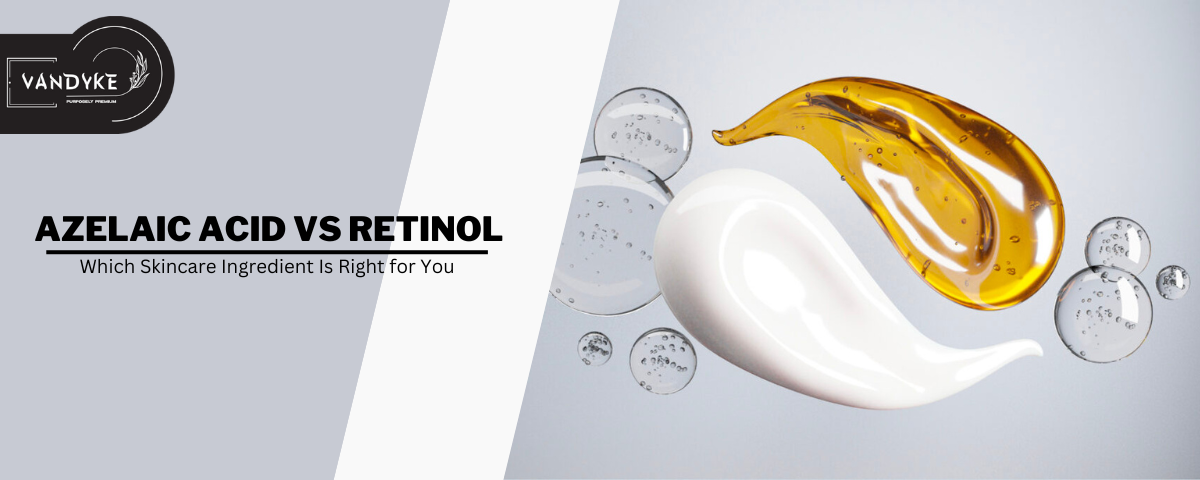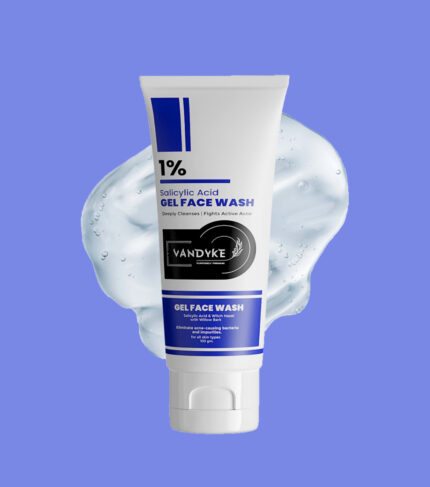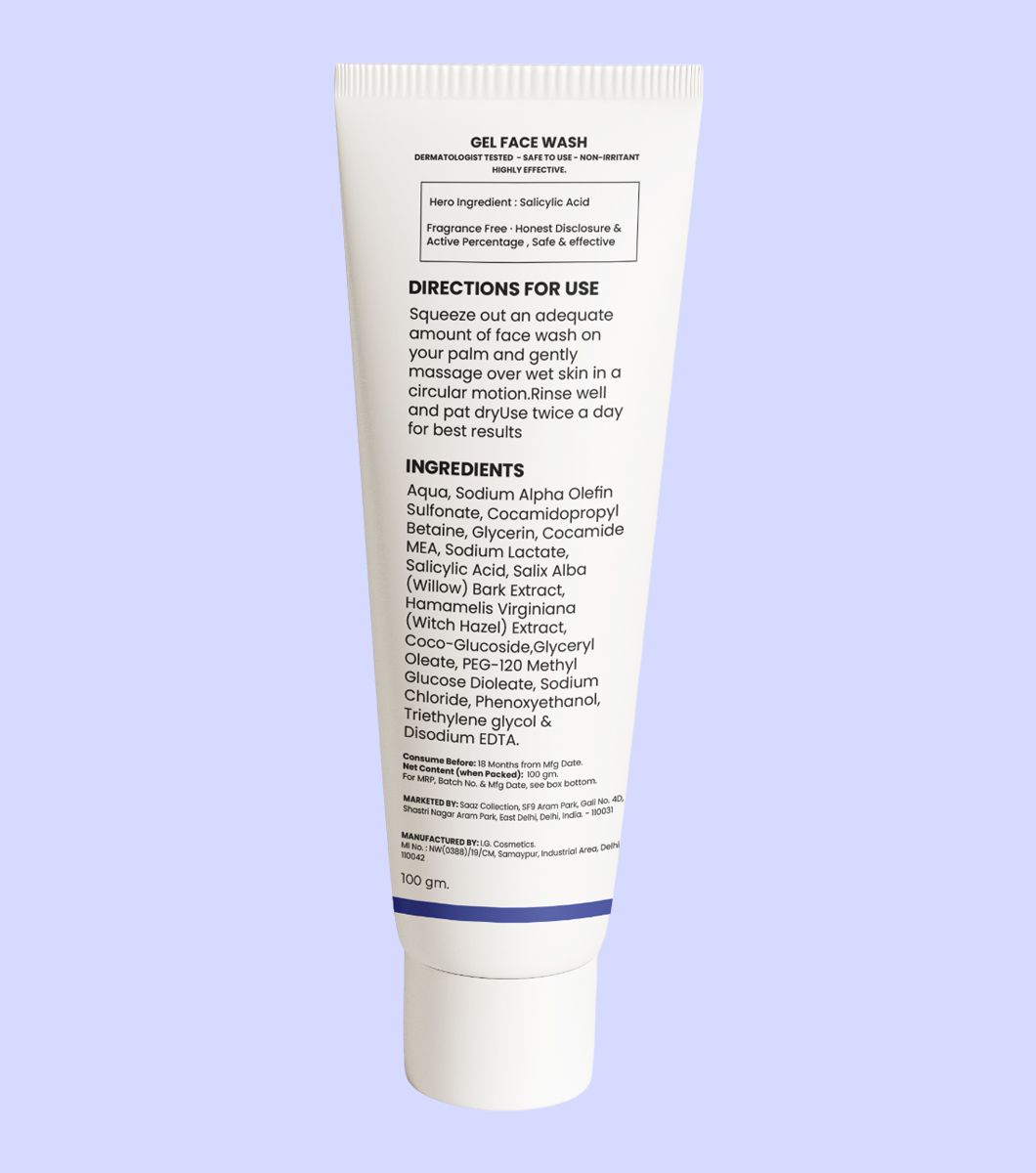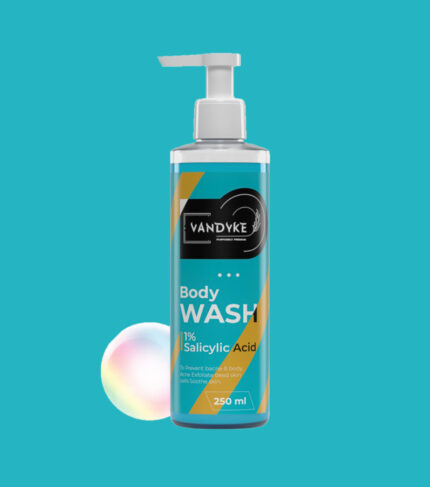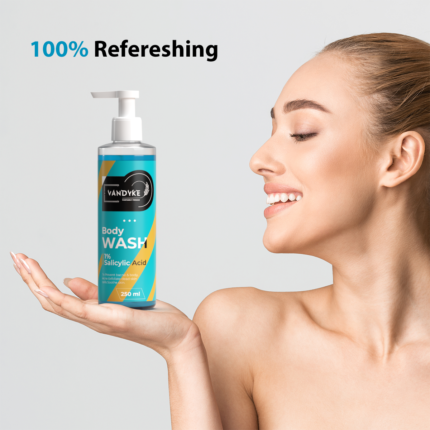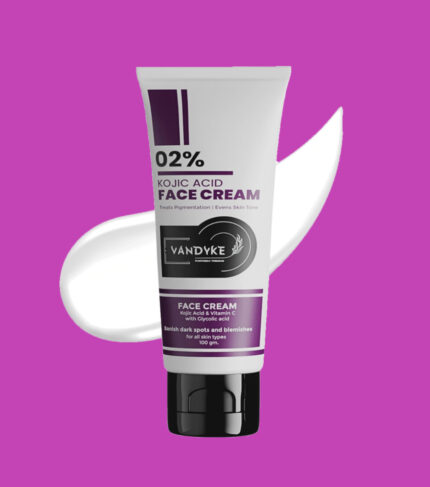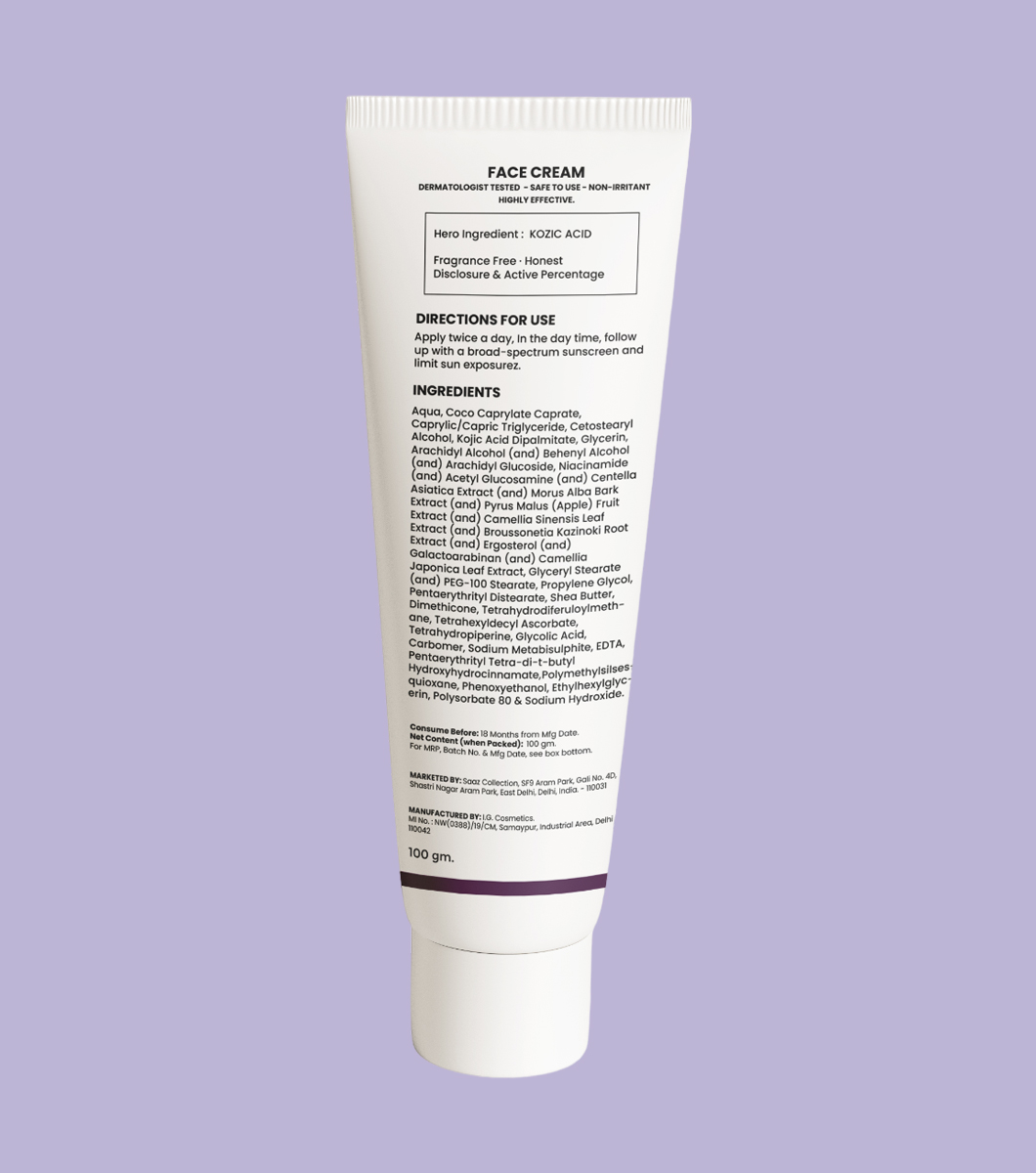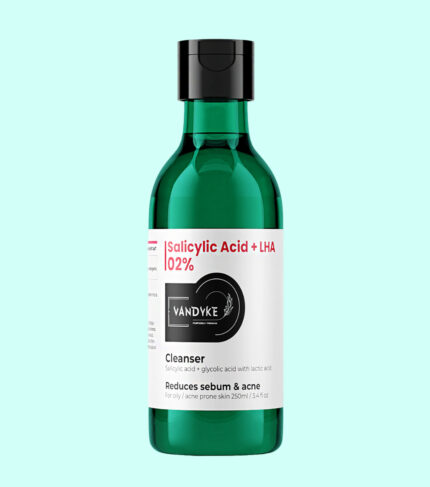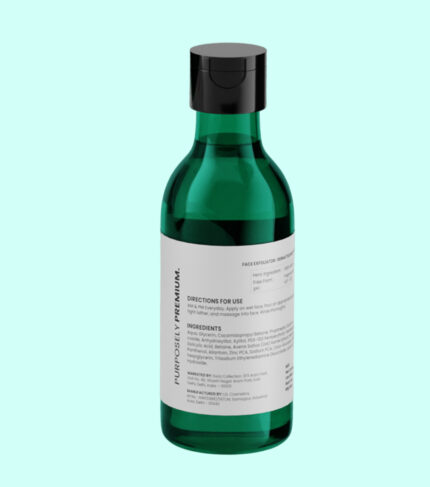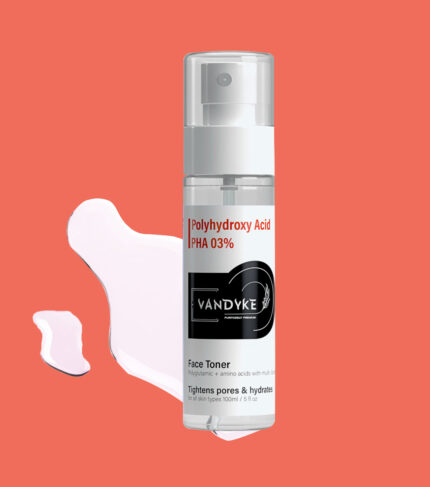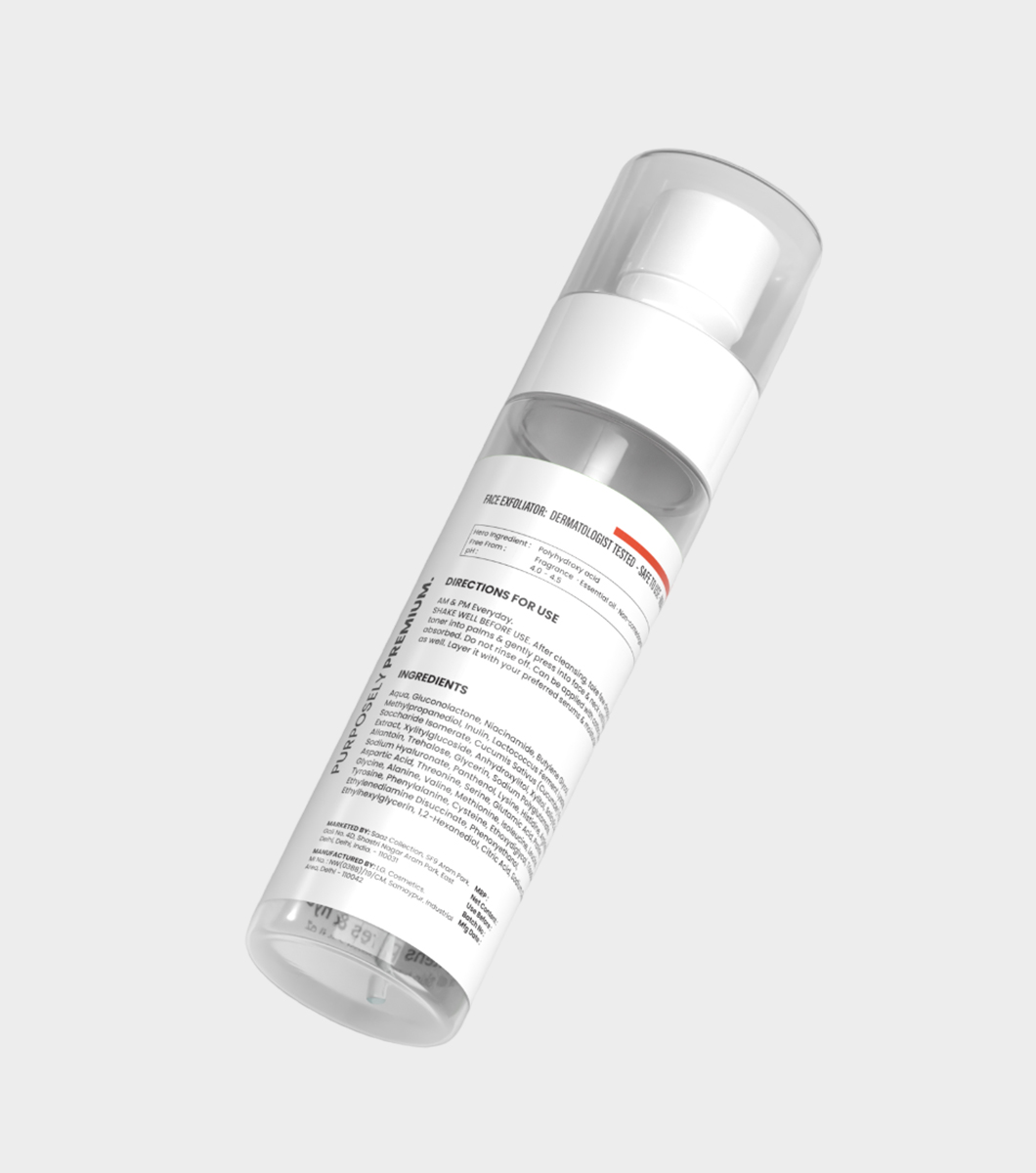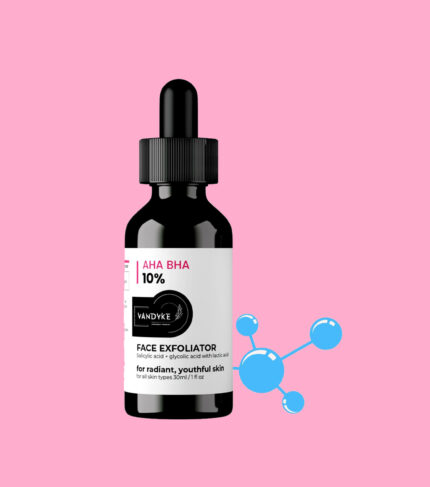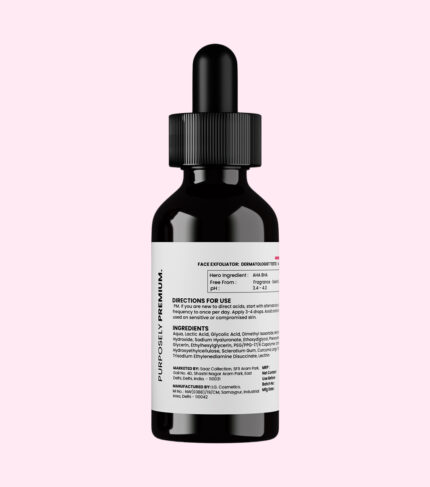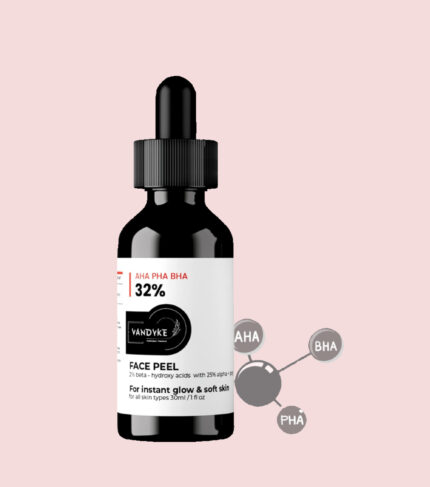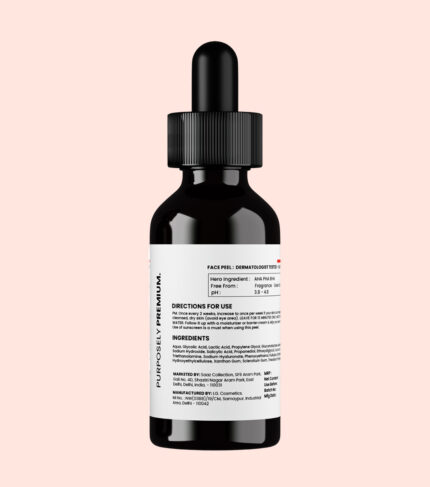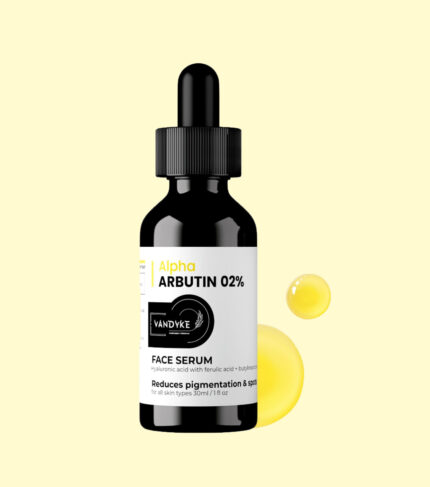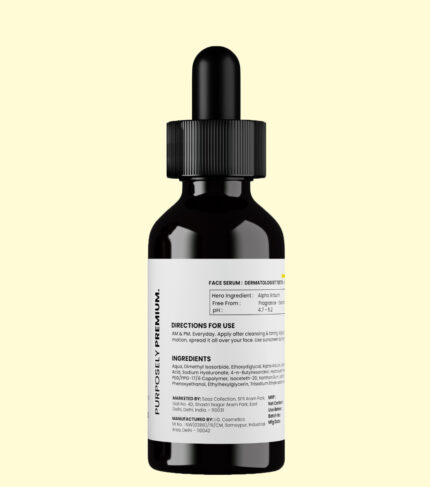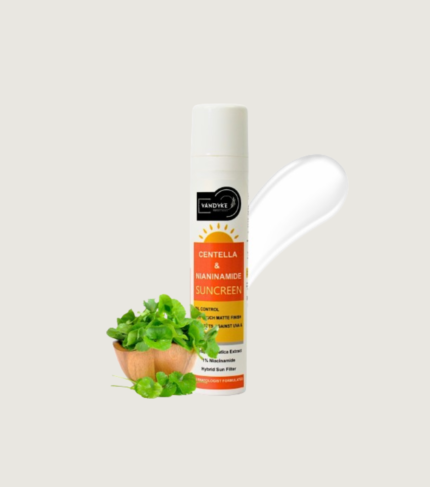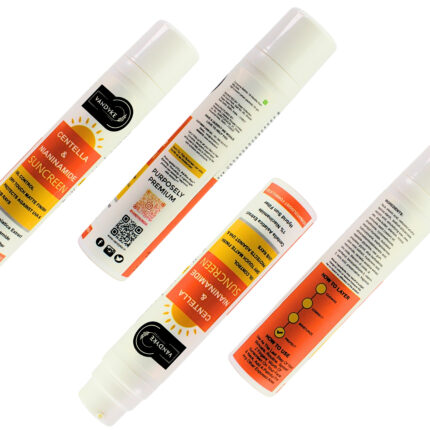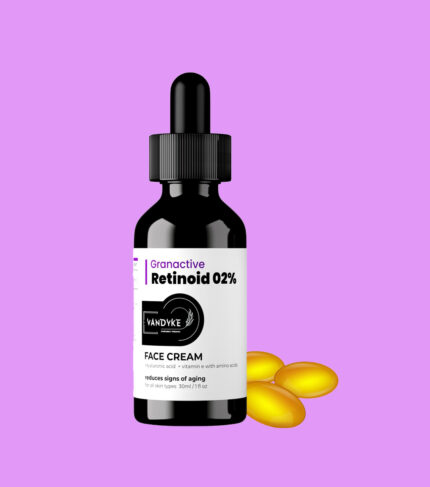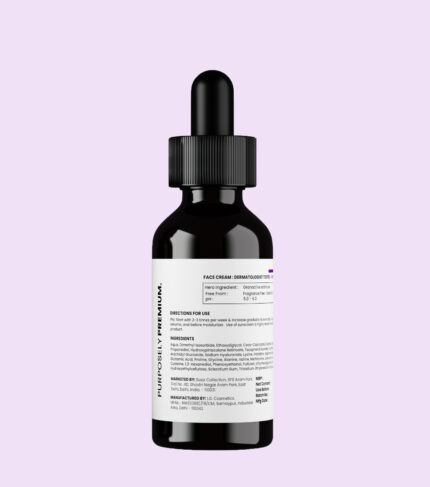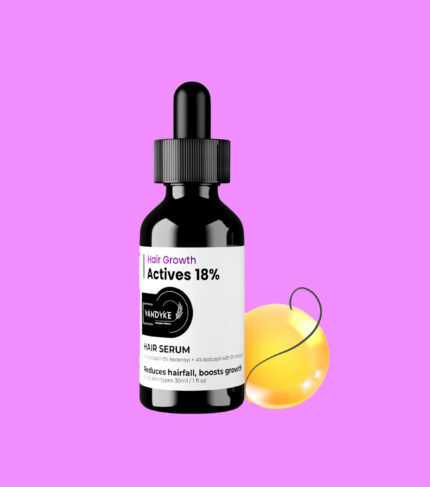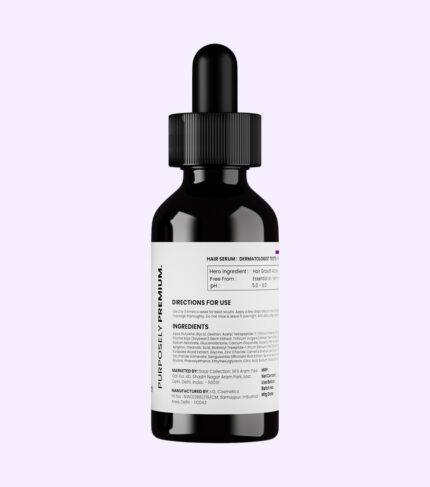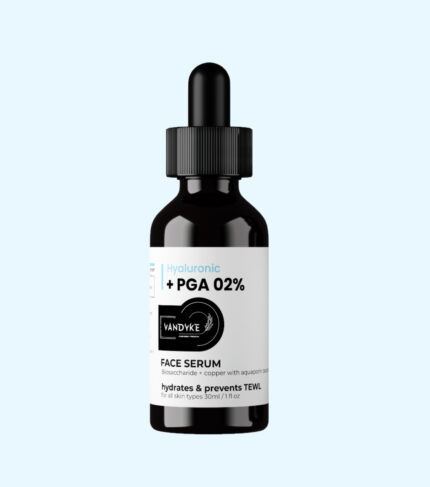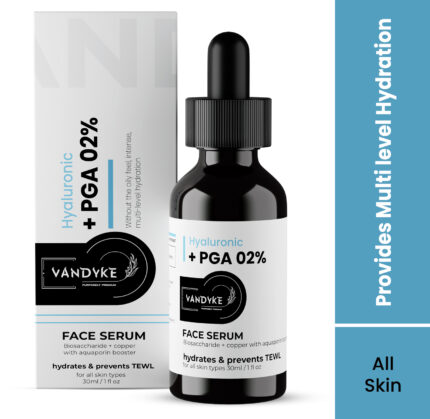Azelaic Acid vs Retinol Which Skincare Ingredient Is Right for You?
Azelaic Acid vs Retinol: Achieving healthy, radiant skin often involves incorporating active skincare ingredients into your routine. Two powerful players in the skincare game are Azelaic Acid and Retinol. Both offer a range of benefits, but they work differently and suit different skin types and concerns. In this comprehensive guide, we’ll explore the characteristics, benefits, and considerations for each of these skincare ingredients to help you determine which one is right for you.
What is Azelaic Acid?
Azelaic Acid is a naturally occurring dicarboxylic acid that can be found in certain grains, including barley, wheat, and rye. However, in skincare and medical applications, Azelaic Acid is typically synthetically produced and formulated into topical products to address various skin issues. Here’s a more detailed overview of Azelaic Acid:
Benefits of Azelaic Acid
- Acne Treatment
Azelaic Acid has potent anti-inflammatory and antimicrobial properties, making it an effective treatment for acne. It helps reduce redness, inflammation, and the proliferation of acne-causing bacteria.
- Hyperpigmentation
Azelaic Acid can fade dark spots, post-inflammatory hyperpigmentation (PIH), and melasma. It inhibits the enzyme tyrosinase, which plays a key role in melanin production.
- Rosacea Management
This acid is often prescribed to manage rosacea symptoms. It can reduce redness, papules, and pustules associated with this skin condition.
-
Gentle Exfoliation
Azelaic Acid offers mild exfoliation, helping to unclog pores, refine skin texture, and improve overall skin tone.
- Less Irritating
Compared to some other active ingredients, Azelaic Acid is less likely to cause irritation or sensitivity, making it suitable for sensitive skin types.
What is Retinol?
Retinol, also known as Vitamin A1, is a fat-soluble vitamin that belongs to the class of compounds called retinoids. In skincare, it’s used in various forms, including Retinol, Retinyl Palmitate, and prescription-strength Tretinoin.
Benefits of Retinol
- Anti-Aging
Retinol is renowned for its anti-aging properties. It can stimulate collagen production, reduce fine lines and wrinkles, and improve skin elasticity.
- Acne Control
Retinol is efficient at treating acne, much like azelaic acid is. It clears clogged pores, calms inflammatory reactions, and controls oil production.
- Even Skin Tone
Retinol helps fade hyperpigmentation, sunspots, and melasma, leading to a more even skin tone.
-
Smooth Texture
Regular use of Retinol can improve skin texture by promoting cell turnover, leading to smoother, softer skin.
- Effective for Concerned Skin
It’s particularly beneficial for those with aging concerns, such as fine lines, wrinkles, and uneven skin tone.
If you are looking for a product containing retinol then you can suggest vandyke retinol 03% for your skin. Or you can also use vandyke Granactive Retinoid 02% for your skin. This is the best product for Retinols or retinoids.
How to Choose Between Azelaic Acid and Retinol
Deciding between Azelaic Acid and Retinol requires careful consideration of your skincare goals, skin type, and tolerance. Here’s a breakdown of when to choose each ingredient:
Choose Azelaic Acid If
- Sensitive or Easily Irritated Skin
Sensitive skin people may usually handle azelaic acid well. Retinol may be too harsh for your skin if it is prone to redness, stinging, or irritation. Azelaic acid may be a better alternative.
- Acne and Redness are Primary Concerns
Azelaic Acid has antibacterial properties that make it effective for managing acne. It can also help reduce redness associated with conditions like rosacea.
- Hyperpigmentation or Uneven Skin Tone
If you’re dealing with dark spots, melasma, or uneven skin tone, Azelaic Acid can be a suitable choice. It can help fade hyperpigmentation by inhibiting melanin production.
- Preference for Milder Exfoliation
Azelaic Acid offers exfoliation but is milder compared to Retinol. If you prefer a gentle exfoliant without the risk of excessive dryness or peeling, Azelaic Acid may be a better fit.
Opt for Retinol If
- Targeting Signs of Aging
Retinol is a potent anti-aging ingredient known for its ability to reduce the appearance of fine lines, wrinkles, and improve overall skin texture. If anti-aging is your primary concern, Retinol is a top choice.
-
Acne and Clogged Pores
Retinol can be effective in preventing and treating acne by unclogging pores and promoting cell turnover. It’s particularly beneficial for individuals with both aging and acne concerns.
- Desire for a Potent Anti-Aging Ingredient
Retinol has a long history of proven efficacy in addressing signs of aging. It can provide visible results when used consistently.
-
Resilient Skin
Retinol can cause dryness, peeling, and initial irritation, especially when first introduced to a skincare routine. If your skin is resilient and can tolerate these potential side effects during the adjustment phase, Retinol may be a good choice.
In summary, the choice between Azelaic Acid and Retinol depends on your skincare priorities and your skin’s characteristics. Azelaic Acid is a gentler option suitable for sensitive skin, acne, and hyperpigmentation concerns, while Retinol is a potent anti-aging ingredient effective against wrinkles and acne, but it may require some tolerance for initial side effects. Consulting with a dermatologist or skincare professional can also provide personalized guidance based on your specific needs and concerns.
Usage Tips for Both Ingredients
Whether you choose Azelaic Acid or Retinol, it’s essential to use them correctly:
- Start Slowly
When introducing a new active ingredient into your routine, start with a lower concentration or frequency to allow your skin to adjust.
- Use Sunscreen
Your skin may become more sensitive to the sun if you use retinol or azelaic acid. Applying sunscreen every day is essential to preventing UV damage to your skin. For total skin protection, use a sunscreen with an SPF of 50.
- Moisturize
To combat potential dryness or irritation, incorporate a moisturizer into your skincare routine. Use a moisturizer as per your skin type if your skin is dry Vandyke suggest you to vandyke marula oil 05% moisturiuzer for your skin. But if your skin is oily then it is very important for your skin to use a light get based moisturizer for your skin. So it will not feel heavy on your skin. Vandyke suggests you to use vandyke sepicalm 03% moisturizer for your skin.
-
Consult a Professional
If you’re uncertain about which ingredient is suitable for you or have specific skin concerns, consult a dermatologist or skin care professional for personalized advice.
Conclusion
Both Azelaic Acid and Retinol are potent skincare ingredients with unique benefits. Your choice between the two should align with your skincare goals and your skin’s specific needs and sensitivity. Remember that patience is key when introducing new ingredients into your routine. Whichever you select, consistent and proper use will help you achieve the best results, ultimately leading to healthier, more beautiful skin.
FAQs
Is Azelaic Acid or Retinol better for acne-prone skin?
Both Azelaic Acid and Retinol can be effective for acne-prone skin, but they work in different ways. Azelaic Acid has anti-inflammatory and antimicrobial properties that can help reduce acne and redness, making it a suitable choice for sensitive and acne-prone skin. Retinol, on the other hand, promotes cell turnover and unclogs pores, making it effective for acne control. The choice depends on your skin’s sensitivity and your specific acne concerns.
Can I use Azelaic Acid and Retinol together in my skincare routine?
It’s possible to use Azelaic Acid and Retinol together, but it should be done with caution. Both ingredients can be potent, and combining them may increase the risk of skin irritation, especially if you have sensitive skin. If you want to incorporate both into your routine, consider using them on alternate days or at different times of the day. It’s essential to start slowly and monitor how your skin reacts.
Are there any side effects of using Azelaic Acid or Retinol?
Both Azelaic Acid and Retinol can have potential side effects. Azelaic Acid is generally well-tolerated but may cause mild dryness or peeling. Retinol, especially in higher concentrations, can lead to dryness, peeling, redness, and increased sun sensitivity during the adjustment phase. These side effects are typically temporary and can be managed with proper skin care practices.
Can I use Azelaic Acid or Retinol during pregnancy or while breastfeeding?
If you are pregnant or breastfeeding, it’s essential to consult with a healthcare professional before using skincare products containing Azelaic Acid or Retinol. While Azelaic Acid is considered safe during pregnancy, Retinol, especially in higher concentrations, is generally not recommended. Your healthcare provider can provide personalized guidance based on your specific situation.
Which product concentrations should I start with for Azelaic Acid and Retinol?
If you’re new to Azelaic Acid or Retinol, it’s advisable to start with lower concentrations to allow your skin to adjust. For Azelaic Acid, products with concentrations between 10% to 20% are commonly available. For Retinol, start with a lower percentage (e.g., 0.25% or 0.5%) and gradually increase as your skin builds tolerance.
How long does it take to see results with Azelaic Acid and Retinol?
Results with Azelaic Acid and Retinol can vary depending on individual skin concerns and the specific product used. However, noticeable improvements in skin texture, acne, and hyperpigmentation may take several weeks to a few months of consistent use. It’s essential to be patient and use these ingredients as part of a long-term skincare routine for the best results.
Can I apply Azelaic Acid or Retinol around my eyes?
It’s generally not recommended to apply Azelaic Acid or high-strength Retinol products directly around the eyes, as the skin in this area is thinner and more sensitive. However, some skincare products are specially formulated for the eye area and may contain lower concentrations of these ingredients. If you want to address concerns around the eyes, consider using eye-specific products or consulting with a dermatologist for guidance.
Choose vandyke skin care tips and vandyke skin care products because we are;
“ Purposely Premium”

